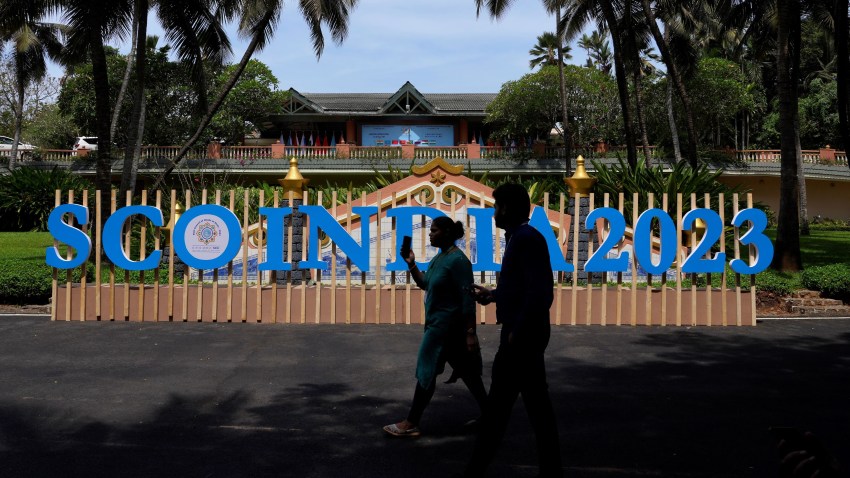The Shanghai Cooperation Organization’s annual leaders’ summit, hosted virtually by India in early July, was politically significant for a number of reasons. The event was Russian President Vladimir Putin’s first appearance on the global stage after the failed rebellion by Yevgeny Prigozhin and his private military company, the Wagner Group. It culminated India’s first-ever rotating presidency of the grouping. And it marked Iran’s formal ascension to full membership in the organization. But in addition to these headline stories, the summit also highlighted less-visible aspects of the SCO’s orientation and direction that deserve some consideration.
The SCO was founded in 2001 by China, Russia and four Central Asian states—Kazakhstan, Uzbekistan, Kyrgyzstan and Tajikistan—in order for Beijing and Moscow to coordinate their engagement with the strategically sensitive region. Initially a security-focused framework, the organization has since then broadened its range and added three new members—India and Pakistan in 2017, and Iran this year—as well as observer states from across Asia and the Middle East.
Representing 40 percent of the world’s population and 30 percent of its gross domestic product, the SCO could be a potent force multiplier for both Russia and China, particularly in the context of great power competition with the United States. But it is still a work in progress, and many obstacles remain before it can realize its potential.

